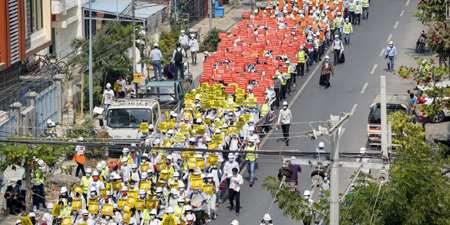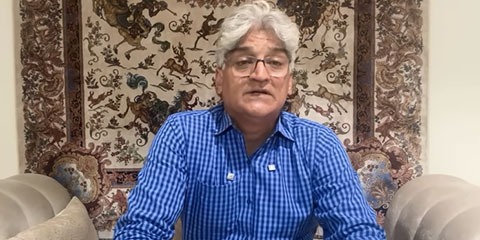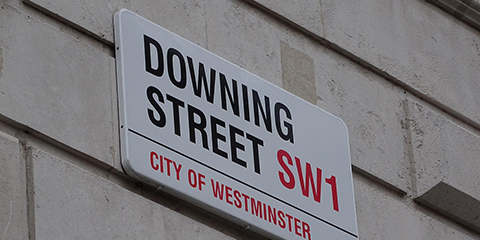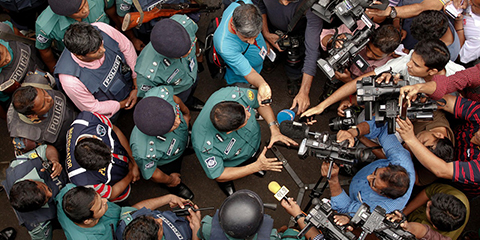Military tightens media restrictions, targets journalists in Myanmar
JournalismPakistan.com | Published 4 years ago
Join our WhatsApp channel
A clampdown on communications in Myanmar has seen at least five journalists arrested and official warnings sent to media threatening harsh jail sentences for those who break the country’s recently amended Penal Code.
The International Federation of Journalists (IFJ) has condemned the targeted crackdown on Myanmar’s media and the widespread intimidation and threats to journalists.
A statement from the Ministry of Information released to the Myanmar Press Council on February 12 said usage of certain “incorrect” words would contravene publishing laws and could be “acts of instigation that may arouse civil unrest.” This included the use of the word ‘coup’ and referring to the military as either a ‘junta’ or a ‘regime.’
The statement also doubled down on the military’s description of the state of emergency.’ The Myanmar military declared a yearlong state of emergency on February 1, ahead of the opening of the newly elected parliament following last November’s democratic election, which gave an 83 percent majority to the National League for Democracy (NLD).
Since then, the military junta has launched a targeted attack on the media, employing powers to limit media coverage of the ongoing military coup, including the right to arrest people and search their homes without warrants.
In Myitkyina, the capital city of Kachin state, five journalists were arrested after monitoring a protest, and in the northern Myanmar city of Mandalay, a reporter was “beaten and briefly detained, but released when he explained he was a journalist.”
Journalists working the frontlines of the protest told the IFJ that wearing PRESS signage did not guarantee their safety. A photojournalist operating in Mandalay said police and soldiers could be seen using slingshots and air rifles.
Roadblocks have been installed to halt movements of people between towns, with the military imposing a night-time curfew from 8 pm to 4 am. Across Myanmar, people have continued to demonstrate against the military orders, with crowds defying stay-at-home orders and protesting in the streets.
Internet connection cut-offs blocked communication shutdowns from 1 am to 9 am, on Sunday, February 14, and for 24 hours on Saturday, February 6. The military has gradually introduced bans on social media websites, starting with Facebook on February 4. Images of people giving the three-finger salute synonymous with the protests have filled social media pages along with growing protest coverage.
The repressive controls on communication come a week after the military proposed a cyber-security bill to combat both “misinformation and disinformation” that was said to cause public panic. Announced on February 9, the bill would allow the government a range of powers in both accessing and censoring journalists, activists, and their content. Suu Kyi of the National League for Democracy party said the bill is “another attempt by the junta to limit freedom of speech and access to the internet.”
The IFJ’s affiliate, the Myanmar Journalist Association (MJA), has called for “the release of leader Daw Aung San Suu Jyi and others who have been arrested immediately” and for its members “to stand together with people for the truth.” It also cautioned media workers to take extreme care of their personal security and continue to respect media ethics in their reporting.
The IFJ said: “The IFJ’s global community is closely monitoring the situation in Myanmar and is united in solidarity with Myanmar’s journalists who are bravely defending their right to media freedom. The IFJ condemns the intimidating actions being utilised to suppress the public’s right to know. The IFJ calls for an end to the arrest of journalists by the Myanmar military to ensure journalists have the ability to work freely.”—IFJ media release/Photo: AFP

























